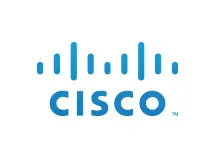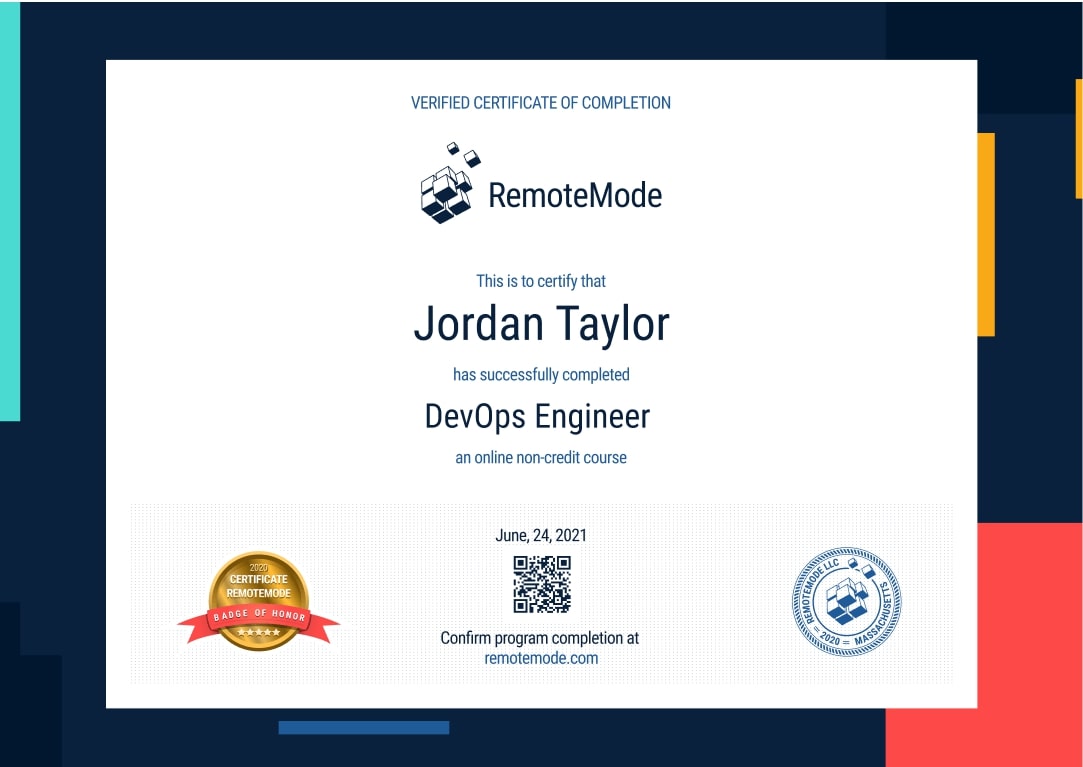Become a Project Manager
Study the Project Manager Body of Knowledge and learn what makes a good project manager, a good team leader (not just a manager), and how to manage a team and complete a series of projects. Follow a well-planned, stringently laid out course that will prepare you to be a project manager and get the official Project Management Professional (PMP) certification.
- 5-month long course
- 232 lessons
- 5 hours per week
- 129 hours



Mission Forecast for Project Managers
Landing Zone
Project managers are the lifeblood of any project. They are responsible for organizing teams, creating manageable deadlines, and completing those deadlines. They must work with a wide range of different professionals and know how to communicate with each professional in their “own language” whether that be computer science, economics, or marketing. Project manager positions will open up and the industry will see a 6% growth in the next 3 years, increasing rapidly to 2027.
Mission Objective (Who’s Hiring Right Now)


Project Manager Overview
Project managers are the leaders of their given project, and as such must take on a significant amount of responsibilities. Project managers must understand the basics of many different fields and be able to understand the challenges that each might face in order to manage well.
- + 5-month long course
- + 5 hours per week, go at your own pace
- + 232 on-demand lessons
- + 129 hours of learning materials
- + Receive a certificate confirming your training
- + Participate in real-life Virtual Lab projects
- Take responsibility for the project’s promptness and final condition.
- Write proposals, cost estimations, and interview potential new hires.
- Create schedules and keep the team on track.
- Report the status of each project.
- Guarantee quality and be able to recognize it.
- Monitor risks and manage them.
Prepare for Liftoff
PMP Certification 2021 PMBOK 6 (Intermediate)
This lesson discusses Project Schedule Management and how it establishes focused workflows.
Part 4 of 13: Project Schedule Management
The discussion details the pertinent elements that make up a Schedule Management Plan:
- Schedule Performance Report Format
- Performance Management Rules
- Control Thresholds
- Schedule Model Maintenance
- Schedule Process Description
- Schedule Model
- Accuracy Level
- Unit of Measure
Learners are made to understand that Project Schedule Management has a strategic advantage.
Part 5 of 13: Project Cost Management
This lesson tackles Project Cost Management. The discussion stresses its importance and why it is considered one of the pillars of Project Management no matter the industry it is contextualized in.
This lesson also discusses the Four Steps in Project Cost Management:
- Project Resource Planning
- Cost Estimation
- Cost Budgeting
- Cost Control
Part 6 of 13: Project Quality Management
This lesson defines Project Quality Management. This lesson defines the term "quality" in the context of Project Quality Management through the following concepts:
- Validation
- Verification
- Precision
- Accuracy
- Tolerance
The lesson also tackles the elements that make Project Quality Management effective.
Part 7 of 13: Project Resource Management
This lesson discusses Project Resource Management. The lesson tackles the resources that Project Managers have to take into account like Finances, Staffing, Space and Rooms, Equipment, and Technology, etc.
The discussion defines "resource" in the context of Project Resource Management and other key terms like Utilization, Resource Plan, and Duration.
This lesson also details the best practices for Project Resource Management.
Part 8 of 13: Project Communication Management
This lesson defines Project Communication Management and its three (3) primary processes:
- Plan communications management
- Communications Management
- Communications Monitoring
This lesson goes into the details of a Project Communication Management Plan and how it can be implemented smoothly.
Part 9 of 13: Project Risk Management
This lesson discusses Project Management and delineates its processes integral. It tackles the different project risk types that Project Managers need to navigate through.
The segment discusses the steps in the management of risks:
- Creating a Risk Management Plan
- Keeping Risk Register up to date
- Understanding the Risk Event
- Being Proactive
- Developing Project Management Skills
Part 10 of 13: Project Procurement Management
This lesson explains Project Procurement Management and the 4 steps important to it:
- Plan Procurement Management
- Conduct Procurement
- Control Procurement
- Close Procurement
This lesson also discusses the role of the Project Manager in Procurement. This part stresses that while the Project Manager has authority to go into agreements with contractors, oftentimes, the Project Manager is not the one who implements the contract provisions.
Part 11 of 13: Project Stakeholder Management
This lesson discusses Project Stakeholder Management and why it is important to prioritize stakeholders.
This lesson also outlines the major points of the process:
- Documentation of Stakeholder Communications
- Making Processes Transparent
- Provision of Status Reports
- Dispelling Myths
Part 12 of 13: Tools and Techniques
This lesson delves into the most preferred and practiced techniques for Project Management:
- Classic Technique
- Waterfall technique
- Agile Project Management
- Rational Unified Process (RUP)
- Program Evaluation and Review Technique
- Critical Path Technique
- Critical Chain Technique
- Extreme Project Management (XPM)
This segment also recommends certain tools like time sheet software and customizable organization boards that efficiently aid the Project Manager.
Part 13 of 13: Project Delivery Environment and Agile
This lesson discusses project delivery within an Agile environment. The lesson describes what an Agile environment is and what Project Management is like in such.
This lesson also tackles the benefits of using an Agile approach to Project Management.

Mission Control
- Stay focused with a mentor’s help and support
- Build a real portfolio with Virtual Lab Projects
- Compete with classmates in a virtual classroom
- Measure your progress with the Activity Tracking Log
- Make sure you get the job with resume help and interview assistance
In Collaboration with
Chart Your Trajectory (232 videos 62 hours)
- PMP Certification 2021 PMBOK 6 (Beginning)23 videos
- PMP Certification 2021 PMBOK 6 (Intermediate)70 videos
- Microsoft Outlook 20195 videos
- Microsoft Excel 201941 videos
- Microsoft Excel 2019. Data Analysis19 videos
- Microsoft Word 201929 videos
- Microsoft PowerPoint 201938 videos
- Microsoft Teams7 videos
Certificate of Completion
- Receive a certificate recognized by prevalent companies confirming your training
- Complete real projects in Virtual Labs
- Go at your own pace, learn your way
- Access course videos and materials 24 hours a day
- Take practical quizzes to keep you up to speed
- Classes created and mentored by industry leaders

Grow into a Project Manager
Be the bridge between every level of communication. Learn how to effectively communicate and work on projects, how to manage, improve and grow a team, and how to set expectations and meet those expectations for upper management.
Program Forecast
- 5 months long, 5 hours per week
- 232 lessons in 192 hours
- Learn at your own pace
Virtual Lab
- Real Projects
- Create a working portfolio
- Receive expert feedback and mentoring
Career Services
- Interview preparation
- Resumé assistance
- Help with LinkedIn networking
Request More Information
View pricing and financing options